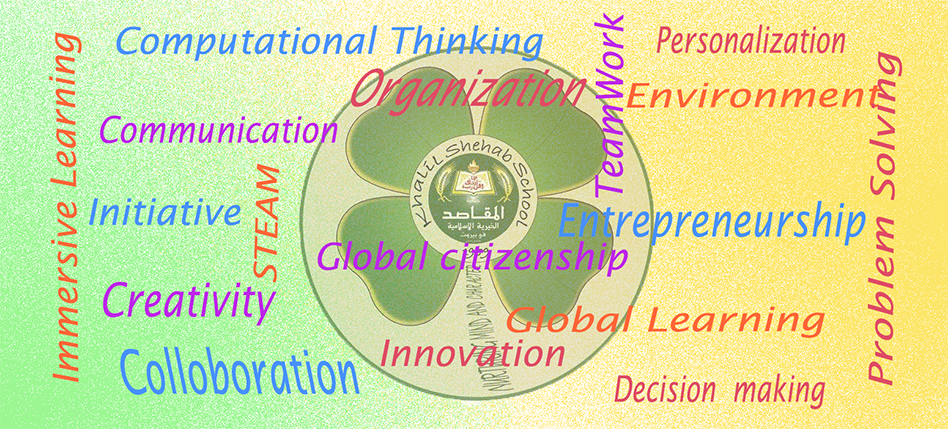Tuesday, November 03, 2009
A Parent's Guide to Kindergarten
Kindergarten was first designed as a "garden for children." Its founders envisioned a place where children could receive the nurture and care that seedlings require to grow into strong, healthy plants and blooming flowers. The inspiration remains to educate the whole child, focusing on physical, social/emotional and intellectual growth and development. Children need quality kindergarten programs in order to achieve their full potential.
THE CHILD
Kindergarten children are trying many things for the first time. Kindergarten children are active, curious learners who need space, a variety of materials and large blocks of time to try out their ideas, gain experience and expand their learning. A high quality kindergarten program provides a strong foundation upon which children can build the skills, knowledge and attitudes necessary for lifelong learning.
THE CURRICULUM
The curriculum in a high quality program
• is sensitive to the needs, interests and background experiences of the children.
• integrates all content areas to provide a solid foundation for learning in language, literacy, math, science, social studies, health, art, music and movement
• responds to the nature of the learner, rather than trying to "fit" the children to the curriculum
Play is the most important way by which kindergartners learn. Through play, children learn concepts, practice roles and test ideas. Play with materials involves investigation, problem solving, critical thinking, sharing and creativity. Play is the essential ingredient for children's learning.
Look For TEACHERS who . . .
. . . are professionally prepared, caring individuals who believe in each child's potential to learn, achieve and succeed.
. . . use knowledge about child development in order to plan for children's learning.
. . . cultivate children's positive self-image, prepare a stimulating learning environment and adapt instructional approaches to meet the children's wide range of abilities, interests and needs.
PARENTS MUST . . .
. . . be involved if they are to understand the purpose of kindergarten and reinforce these learnings at home.
. . . look for child-sensitive kindergarten programs by informing administrators of their eagerness to support those programs.
. . . work together with teachers and administrators as advocates for child-sensitive kindergarten programs.
Parents show support for their child's Learning by . . .
• volunteering in classrooms
• exchanging information with teachers
• acting as chaperones on field trips
• helping with school work at home
• reading to children
• discussing the school day with the kindergarten child
• discussing the school day with the kindergarten child
• letting teachers know about home situations that may affect the child's behavior at school
• paying attention to materials sent home.
Subscribe to:
Post Comments (Atom)

No comments:
Post a Comment